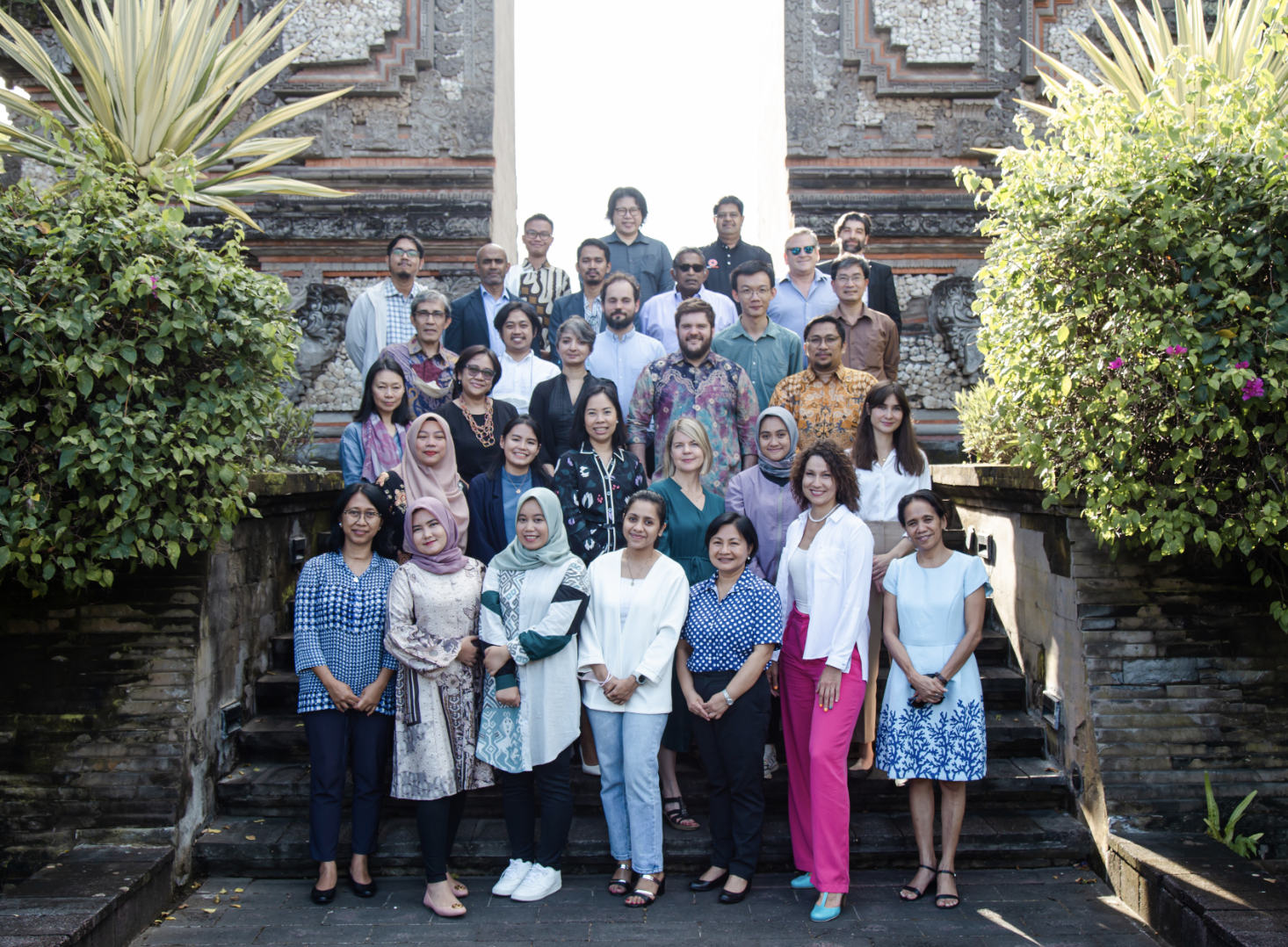New Report: Democracy in Asia and the Pacific Outlook 2023

UPDATE: The main conclusions of the discussions are captured in a short discussion paper published in February 2023. We hope it will serve to set the agenda for stakeholders’ strategic planning and serve to inspire the prioritization of democracy in reforms related to Asia and the Pacific.
READ THE FULL REPORT: DEMOCRACY IN ASIA AND THE PACIFIC OUTLOOK 2023
Key Takeaways:
Democracy is under pressure in Asia and the Pacific. Indeed, International IDEA’s GSoD report shows that democracy in the region is receding, with approximately 60 per cent of the 35 countries in the region suffering decreases in at least one component of democracy in the last five years. Challenges vary enormously due to the diversity and size of the region, yet some are common to most countries, including growing authoritarianism, the expanding role of the armed forces in civilian politics, China’s growing influence and power and the challenges of balancing freedom of speech and disinformation.
Given these challenges, International IDEA and Perludem recently co-hosted the first Democracy in Asia and Pacific 2023 Outlook Forum, from 5-6 December 2022 in Bali, Indonesia.
For two days, a diverse set of organizations and individuals from the region gathered to discuss common challenges and forecast democratic trends, with representatives from leading media outlets, academic institutions, civil society organizations, government and think tanks representing the region.


Participants agreed on the following key takeaways:
- The role of money in politics was cross-cutting across all sessions. Accessing power means accessing resources and the nexus between political power and personal enrichment appears to be a stable trend across both elected and non-elected officials. The power of money also plays an important role for the military – factoring into military interventionism in domestic affairs. Strengthening and enforcing the rule of law remains key to combatting the corruption embedded in institutions and campaign financing laws.
- The lack of effective regional cooperation mechanisms hinders democratic development in the region. There is space for stronger bodies to provide pressure to strengthen democratic institutions. ASEAN is a prime example of a regional body that has done relatively well in promoting economic growth and interstate peace in the region. It has, however, been plagued by ill-equipped formal structures that make it challenging to effectively respond to illegal regime changes such as in the case of Myanmar.
- Freedom of Expression and a healthy information environment for political campaigns, especially online, is integral to a functional democracy. The increasing number of laws that restrict freedom of expression and media integrity online is a concern requiring attention and action. In the same vein, the use of influence operations to manipulate public opinion, especially ahead of elections, is a growing phenomenon in the region. Fighting these attempts and protecting online freedoms is a must for democracy in Asia Pacific.
- Rising ethnonationalism in many countries has created violence and contaminated information environments. We can expect to see an increase in actors leveraging the power of social media to capture political discourse.
- The role of youth in politics will define the region in coming years, becoming a decisive electoral force and potentially challenging corrupt and rights abusing governments.
Disclaimer: Opinions expressed in this commentary are those of the author and do not necessarily represent the institutional position of International IDEA, its Board of Advisers or its Council of Member States.




